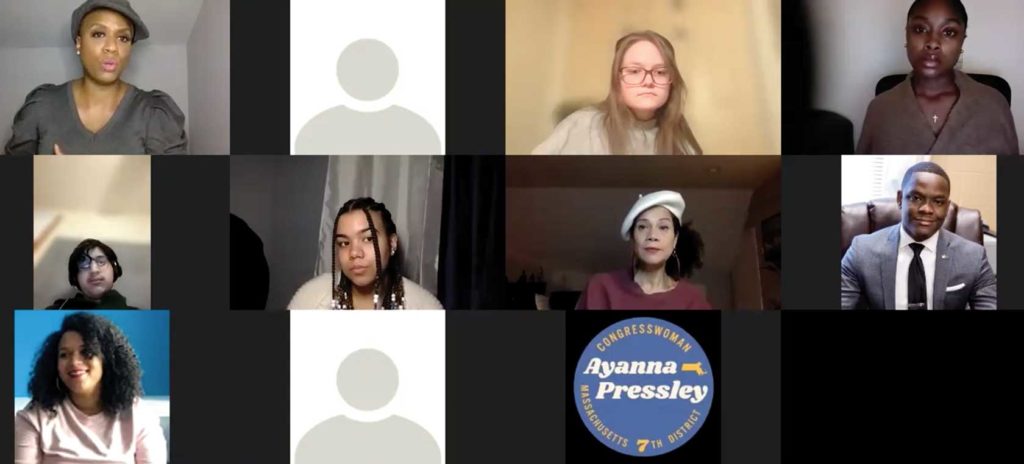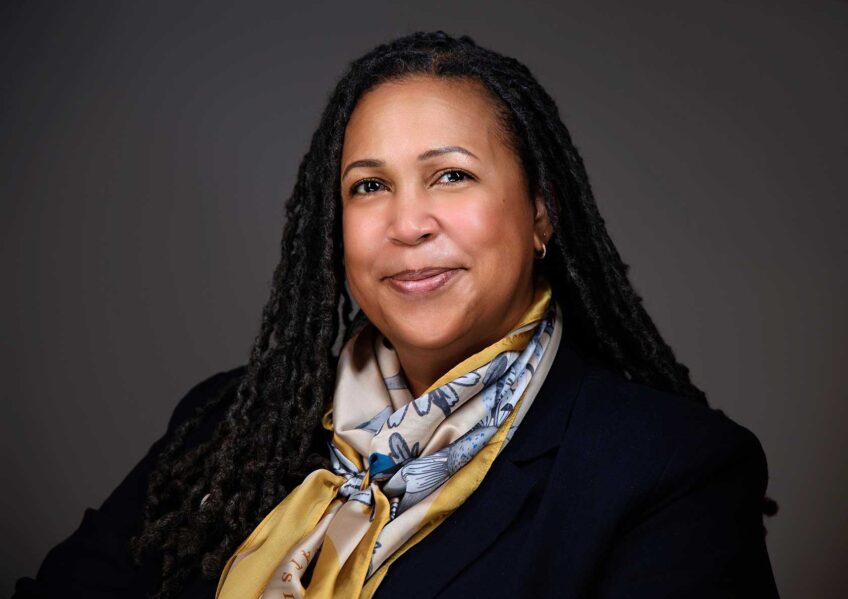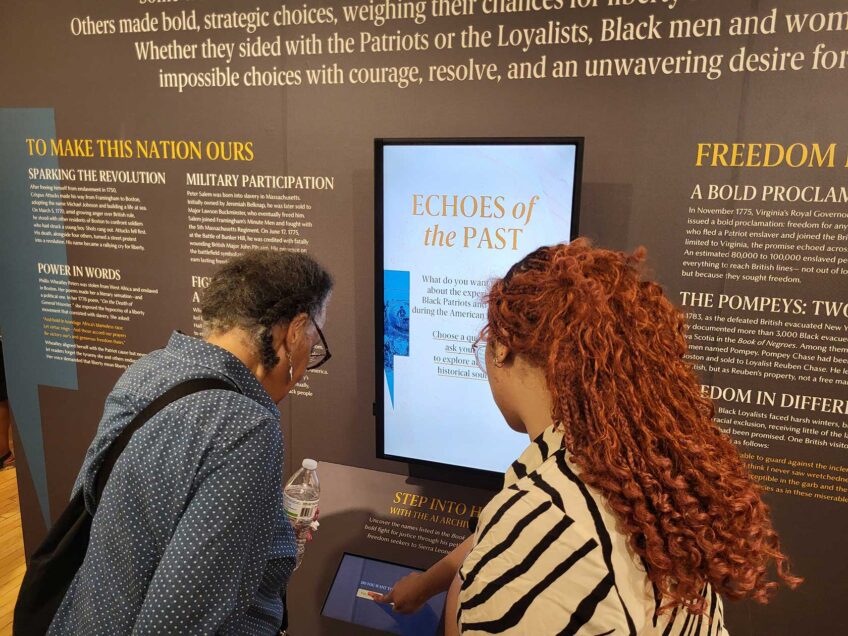
Congresswoman Ayanna Pressley joined at-large City Councilor Julia Mejia and students from the Boston Student Advisory Council (BSAC) in a virtual town hall on Tuesday to discuss the COVID-19 response, the youth mental health crisis and how policymakers can support students and their families.
“Myself and at-large Boston City Councilor Mejia seek every day, with intention, to listen to young people, to learn from them and to be led by them,” Pressley said to open the meeting. “I believe that people closest to the pain should be closest to the power, driving and informing the solutions, and our young people — when it comes to every issue, but certainly when it comes to the pandemic — are closest to the pain.”
Mejia, after some initial technical difficulty with joining the meeting, told students, “We’re here to build community with you.”
To start, students were given the opportunity to ask their elected officials questions. Topics included options for remote learning, access to resources for students in the city, trauma support and civic engagement.
The congresswoman, in her responses, gave support to city officials, including Mayor Michelle Wu, for issues out of her control such as coronavirus protocols within Boston’s school system.
“I’m just going to continue to remain vigilant and to push in D.C. and here in the commonwealth for the strongest supports and protocols possible,” she said.
As for her hand in addressing youth trauma, Pressley highlighted her Ending PUSHOUT Act, her STRONG Support for Children Act and a $1 billion investment proposal for school-based mental health practitioners that she is working to advance through legislation.
In addition, when asked about increasing civics involvement for youth in Massachusetts, Pressley brought up another piece of legislation she has attempted to push, which would lower the voting age to 16. Mejia jumped in, adding that Boston pushed similar legislation locally, coupled with the city’s youth advisory councils as attempts at increasing engagement.
For Mejia’s part, in addressing the city’s trauma response, she spoke of its youth ambassador programming enacted in the last year to communicate to officials about resources that could help peers navigate mental health issues. She said the program also brought in Black and brown clinicians to help train the ambassadors in ways to create healthy coping mechanisms.
In terms of other resources available to Boston youth, Mejia was asked about the lack of physical space available to students living in urban environments who need places to go after school.
“The city has always had a space deficit,” Mejia said. She added the problem is one that can be solved through continued collaboration with groups like BSAC and city government.
“It’s not just about creating space, it’s being super-intentional, and making sure that you’re designing what those spaces look like, and also getting paid to manage those spaces. And I think that that is where I believe the city can lean into,” she said.
In the spirit of collaboration, the conversation was flipped to end the town hall session, with students given the opportunity to tell the two officials how they believe they could best be supported.
“I feel like it is very important to remember that students are meant to have lives outside of school. Like personally, with this pandemic, I noticed a lot of work being drilled into us … always having something over our shoulder,” said one student, Ashley. “And feeling like homework is supposed to be our extracurricular activity, not going outside or sports. There’s school, and then there’s homework, and it’s like, school times two.”
Another student, Diego, mentioned how he felt there were discrepancies with his peers’ privilege in responding to COVID. Some, like himself, are hypervigilant of safety protocols, while others are not.
“All my family ended up getting COVID and my sister and my mom had to end up going to the ER, because they have autoimmune problems,” he said.
Pressley and Mejia told the students they would take the information back to their respective offices and use it when developing solutions moving forward.
“We need that lived experience and your expertise, holding us accountable and pushing us to develop policies and systems that will be responsive, and then will meet your needs,” Pressley said.
She added, “if you have any ideas that you want to bring to life, please reach out to us.”
Julia Mejia’s office can be reached by email at julia.mejia@boston.gov or by phone at 617-635-4217. Ayanna Pressley’s office can be reached by email at pressley@house.gov or by phone at 617-850-0040.






